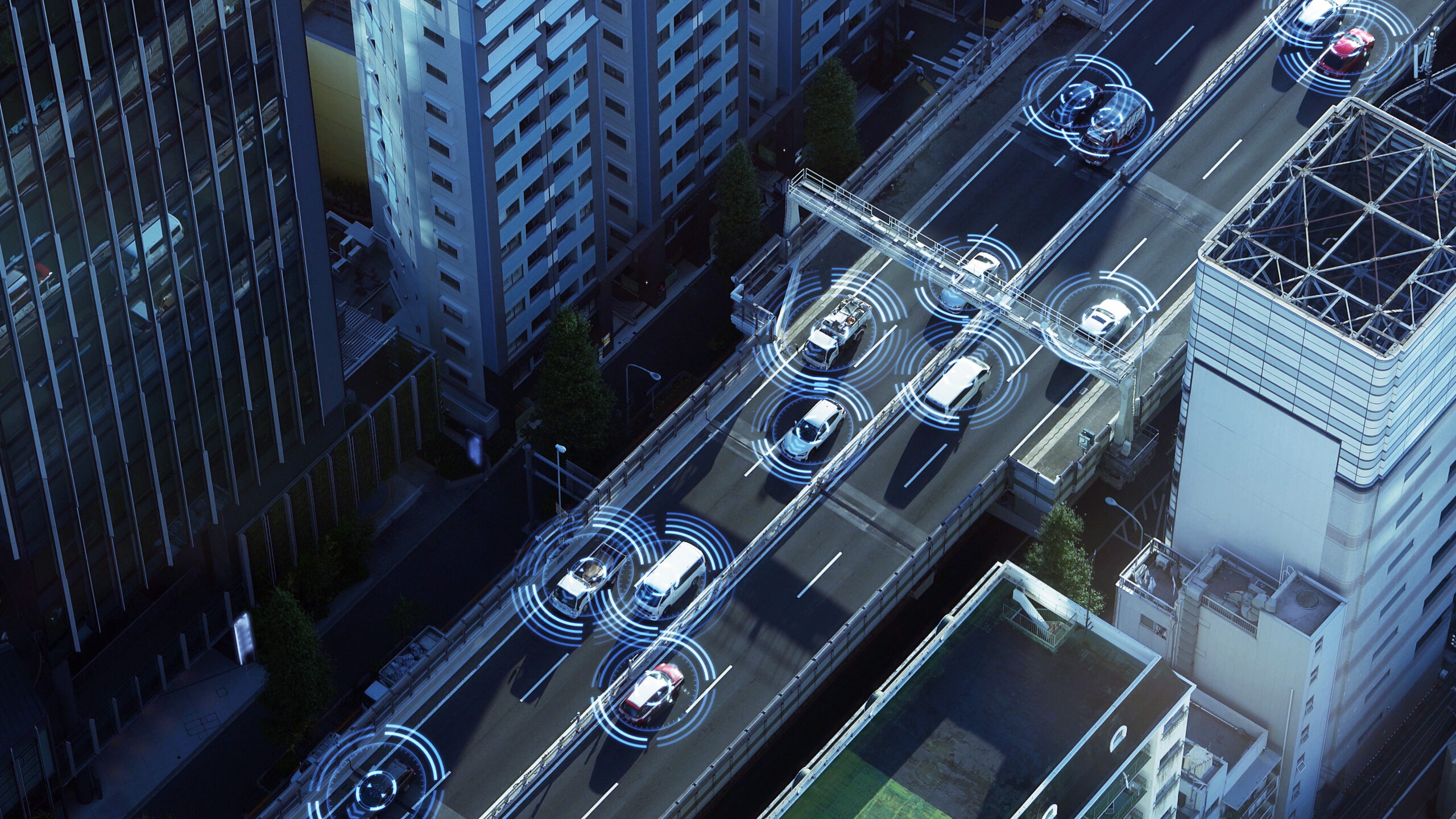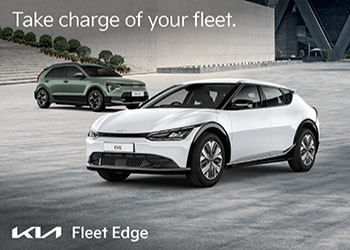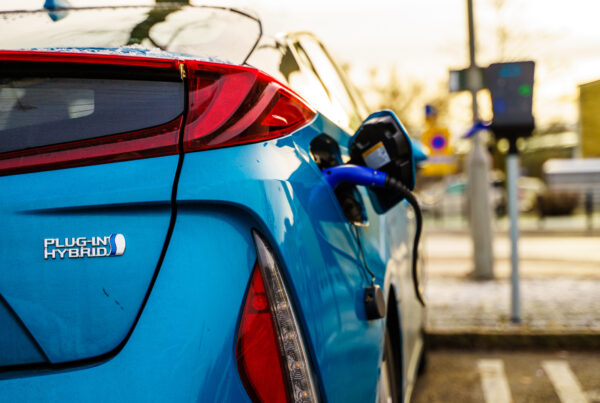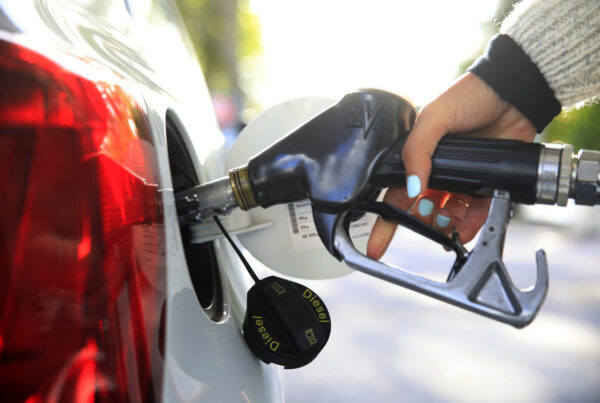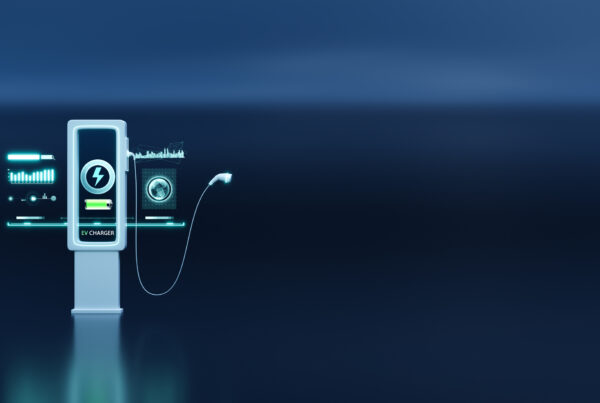Australia’s peak automotive bodies came together in Canberra and agreed on over 25 principles that can support the practical transition and electrification of the national motor vehicle fleet.
In an industry summit, ten national, state, and territory-based organisations have reached a “historic agreement on critical positions and pathways” that the country can take as it moves away from internal combustion engines to EVs.
These industry parties represent thousands of businesses that make, sell, distribute, provide novated leasing, service, repair, supply aftermarket parts, components, and accessories, dismantle, recycle, and train tens of thousands of automotive professionals.
At the summit, the industry leaders have taken into consideration “comprehensive global and domestic data analysis on the future production and delivery of ZLEVs past 2030 (particularly to the Australian market); impacts and use of targets, milestones, incentives, subsidies, and penalties; jobs and skills; tariffs and taxation; fuel standards and security; legacy fleet management and maintenance; and awareness and education.”
As a result, the participants have agreed on the importance of embracing the electrification of the Australian motor vehicle fleet and that mandating CO2 targets is far more important than EV targets. The group also arrived at a consensus that government targets and milestones are ideally Federally led (or at least nationally consistent), are realistic, supported by facts and sound qualitative data, and applied to an Australian context.
The body has also supported the Federal Government’s development of a National Zero and Low Emission Vehicle (ZLEV) Electrification Transition Strategy.
Furthermore more, the representatives of the auto industry have agreed on the importance of considering the entire registered vehicle fleet and the needs and requirements of Australians who own and operate them.
They have also agreed that maintaining the safety, security, service, repair, and efficiency of the legacy Internal Combustion Engine (ICE) fleet is still critical.
Furthermore, they have opposed the introduction of bans that limit consumer choice and remove options for meeting car owners’ needs and Australia’s emission reduction targets.
Did you find this article helpful? Please give it a like by clicking the heart button above.

